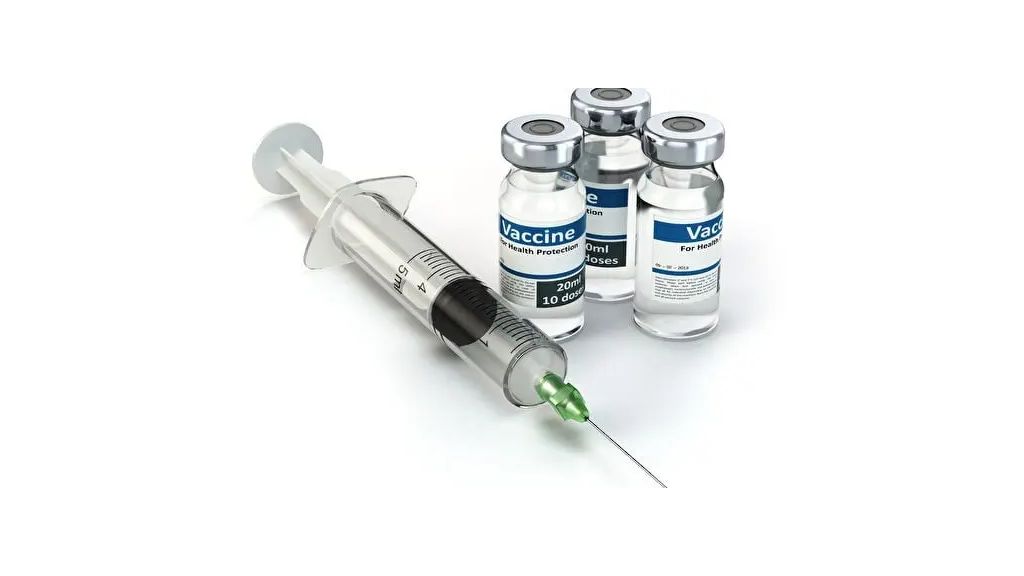Cases of a blood clot condition called CVST were found to be three times higher than expected among the vaccinated.
A multinational study of over 99 million vaccinated people has identified higher incidences of neurological, cardiovascular, and blood disorder complications than what the researchers expected.
The peer-reviewed observational cohort study, published in the Vaccine journal on Feb. 12, aimed to evaluate the risk of 13 adverse events of special interest (AESI) following COVID-19 vaccination. The AESIs spanned three categories—neurological, hematologic (blood), and cardiovascular.
It reviewed data collected from more than 99 million vaccinated people from eight nations—Argentina, Australia, Canada, Denmark, Finland, France, New Zealand, and Scotland—looking at risks up to 42 days after getting the shots.
The study looked at three vaccines—Pfizer and Moderna’s mRNA vaccines as well as AstraZeneca’s viral vector jab.
Researchers found higher than expected cases that they deemed met the threshold to be potential safety signals for multiple AESIs, including for Guillain-Barre syndrome (GBS), cerebral venous sinus thrombosis (CVST), myocarditis, and pericarditis. A safety signal refers to information that could suggest a potential risk or harm that may be associated with a medical product.
- GBS is a disorder in which a body’s immune system attacks the nerves, and can eventually paralyze the whole body. Most people with the condition require hospitalization. A “statistically significant increase” in GBS cases was observed after the first AstraZeneca shot. The researchers had expected 76 GBS events in the observational cohort study but ended up identifying 190.
- Acute disseminated encephalomyelitis (ADEM) is a condition that typically occurs after a bacterial or viral infection. It causes inflammation of the central nervous system. Two cases were expected. However, the study identified seven events after the first Moderna jab.
- Bell’s palsy is a weakness or paralysis of facial muscles. Higher than expected Bell’s palsy cases were identified after the first dose of the Pfizer and Moderna vaccines.
- CVST is a condition in which blood clots form in the brain, blocking the blood from draining out. This can end up causing a hemorrhage. While 21 events were expected, researchers identified over three times the number of cases at 69 following the first dose of AstraZeneca vaccine. CVST cases were also higher than expected after the first and second Pfizer shots.
- Myocarditis is inflammation of the heart muscle. Higher than expected cases of myocarditis that met the threshold for “prioritized safety signals” for the condition were “consistently identified following a first, second, and third dose of mRNA vaccines,” both Pfizer and Moderna, according to the study.
- Pericarditis is an inflammation of the outer lining of the heart. The number of pericarditis cases exceeded expectations following “all doses of all the three vaccines,” researchers wrote.








